With technology advancing rapidly, many people are turning to smart beds and sleep apps to improve their rest. But how effective are these tools? Let's explore how they may contribute to better sleep quality.
How Do Smart Beds Track Sleep Patterns?
Smart beds and apps often use sensors to monitor sleep metrics, capturing data like heart rate, movement, and even breathing patterns. By analyzing these details, users can gain insights into their sleep habits, helping them spot trends over time and identify issues like frequent awakenings.
- Detection of issues like restless periods that can impact sleep quality.
- Helps establish a baseline for sleep patterns and track changes over time. Read more on how smart beds analyze sleep.
With these insights, users can be more aware of their habits and make informed adjustments to improve their sleep quality.
Using Data for Tailored Sleep Advice
- Bedtime Recommendations
- Smart technology often suggests an ideal bedtime based on personal sleep history, which can promote more consistent rest.
- Pre-Bed Routine Adjustments
- Many apps provide advice for adjusting routines, such as minimizing screen time before bed or dimming lights.
- Personalized Tips for Specific Issues
- Some apps focus on addressing issues like falling asleep quickly or minimizing nighttime disturbances. Learn more about tailored sleep guidance.
This personalized advice can help users achieve a more restful night by addressing their unique sleep needs.
Enhanced Comfort Features for Better Sleep Quality
| Feature | Benefit | How It Enhances Sleep |
|---|---|---|
| Adjustable Firmness | Personalized comfort to match individual preferences | May reduce pressure points and improve alignment |
| Temperature Control | Keeps the bed at an optimal temperature | Prevents overheating, which can disrupt sleep |
| Anti-Snoring Adjustments | Automatically adjusts the bed to reduce snoring | Helps prevent sleep disturbances |
These comfort features are designed to reduce nighttime disruptions, enhancing overall sleep quality.
Smart Beds as Health Monitors?
Advanced smart beds can track health metrics, including heart rate, breathing, and movement. This data can provide users with valuable health insights and may help detect early signs of health concerns.
"Smart beds that monitor health metrics provide insights not only into sleep but also into overall wellness, which can be valuable when shared with healthcare providers."
However, it's essential to recognize that these metrics are supplementary and cannot replace professional medical evaluations.
Does Tracking Your Sleep Motivate Better Habits?
Research shows that seeing one's sleep data often encourages healthier sleep habits. Users report behavioral changes, like setting earlier bedtimes and reducing screen exposure at night, which contribute to improved rest.
- Inconsistent sleep schedule → Consistent bedtime
- High screen exposure → Reduced blue light before bed
Are There Downsides to Sleep Technology?
While smart beds and sleep apps offer many benefits, there are potential downsides to consider:
- Cost: Smart beds can be significantly pricier than traditional models.
- Accuracy Limitations: Consumer technology may not be as precise as clinical sleep studies.
- Potential Over-Reliance: Some users may become overly focused on sleep data, impacting their sleep quality negatively.
Understanding these limitations can help users balance the benefits of technology without becoming overly reliant on it.
Smart Beds and Sleep Apps: Helpful or Hype?
In conclusion, smart beds and sleep apps can offer valuable insights, personalized recommendations, and enhanced comfort features. However, they may not be a one-size-fits-all solution for sleep improvement. For ongoing or severe sleep issues, it's best to consult with a healthcare professional.
Explore adjustable bed options to discover how comfort adjustments might enhance your sleep experience.

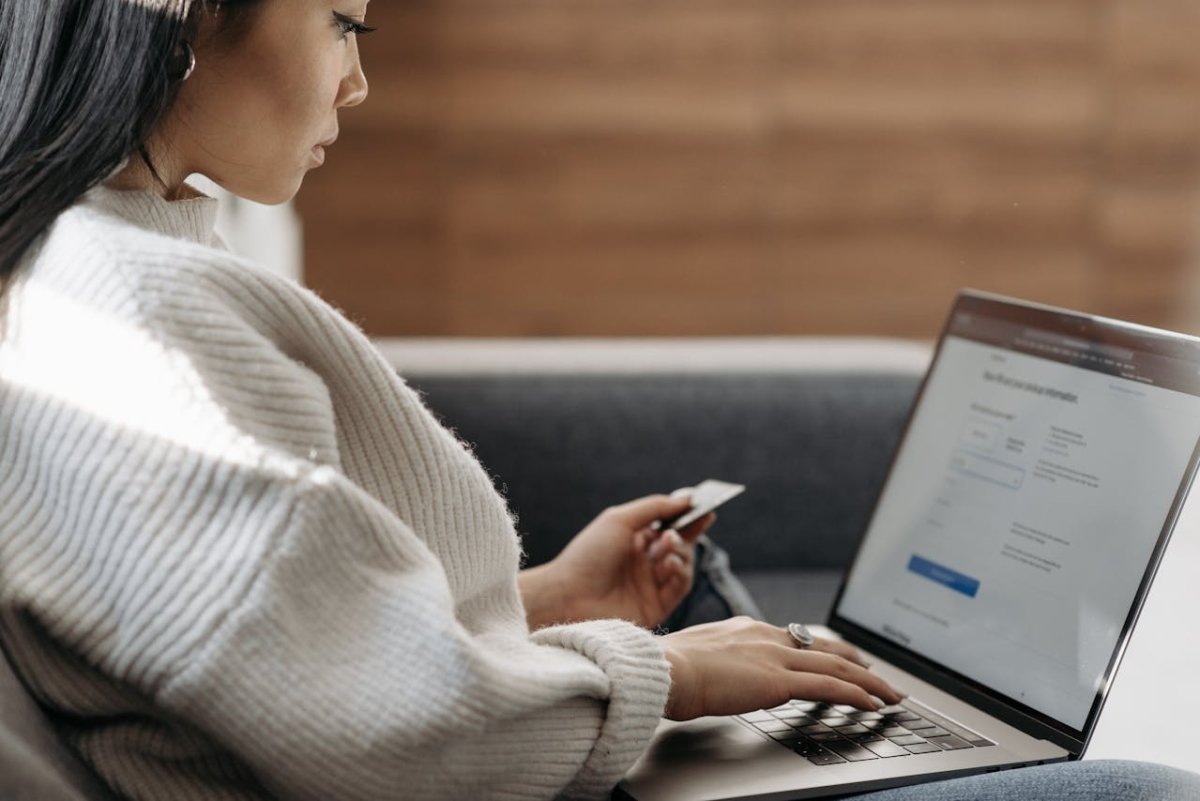

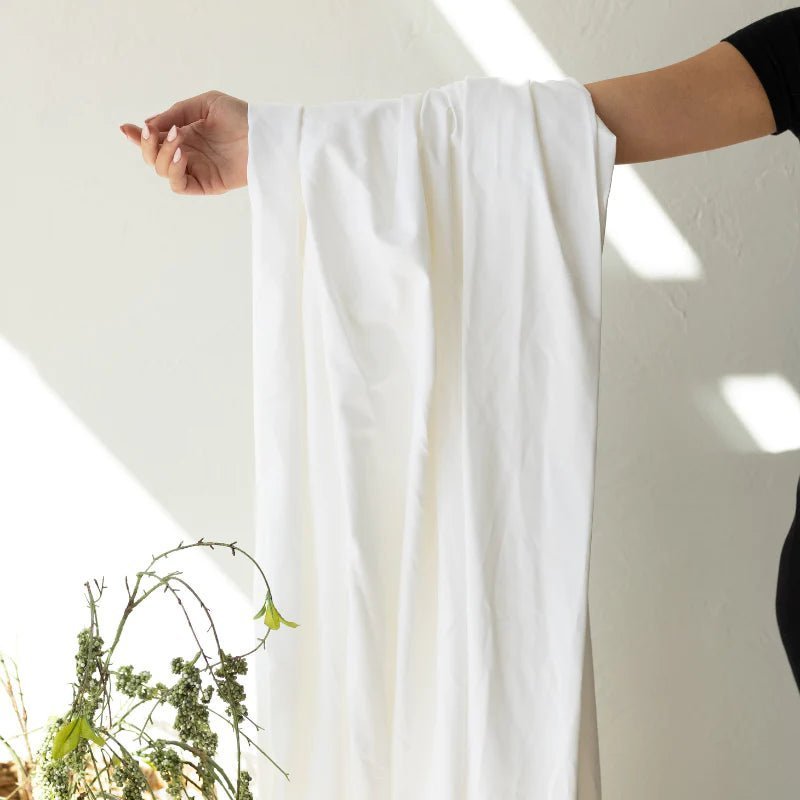
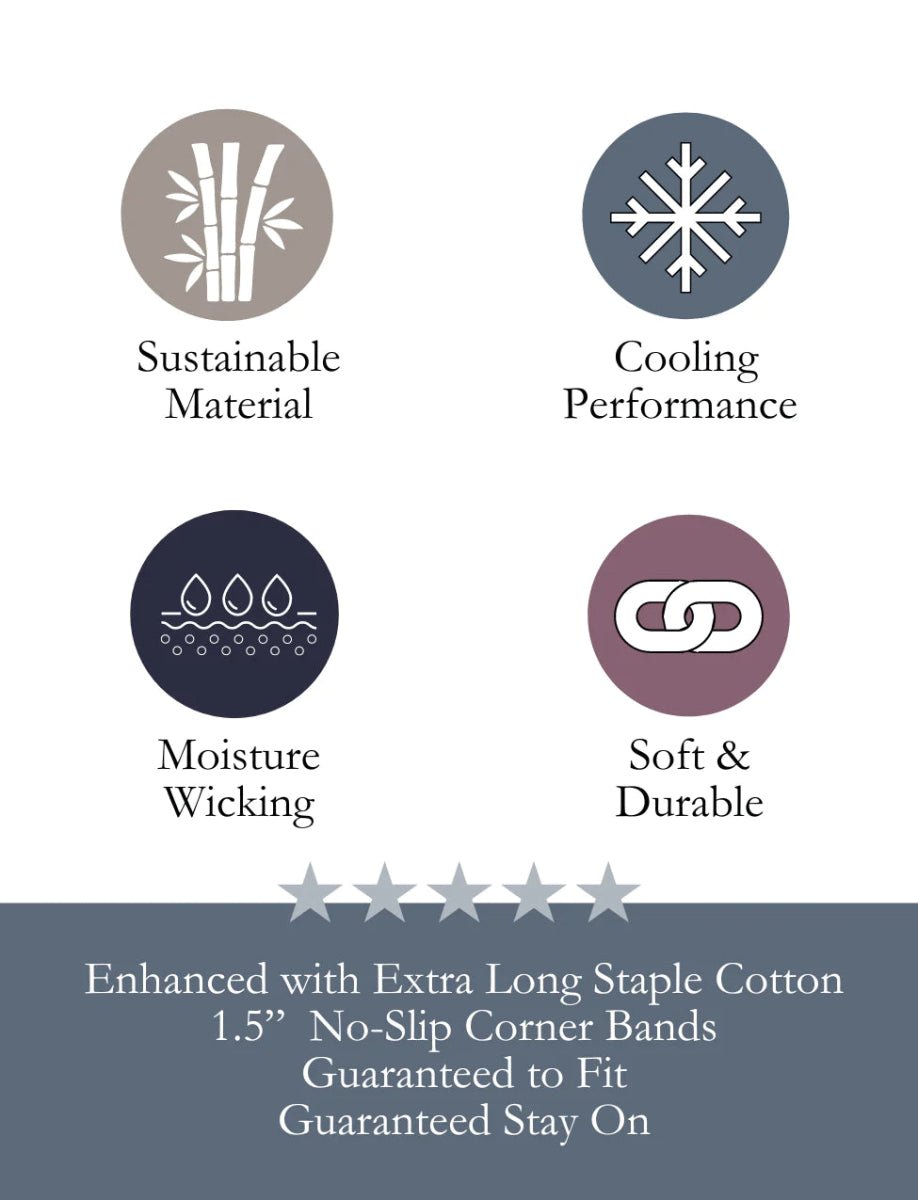
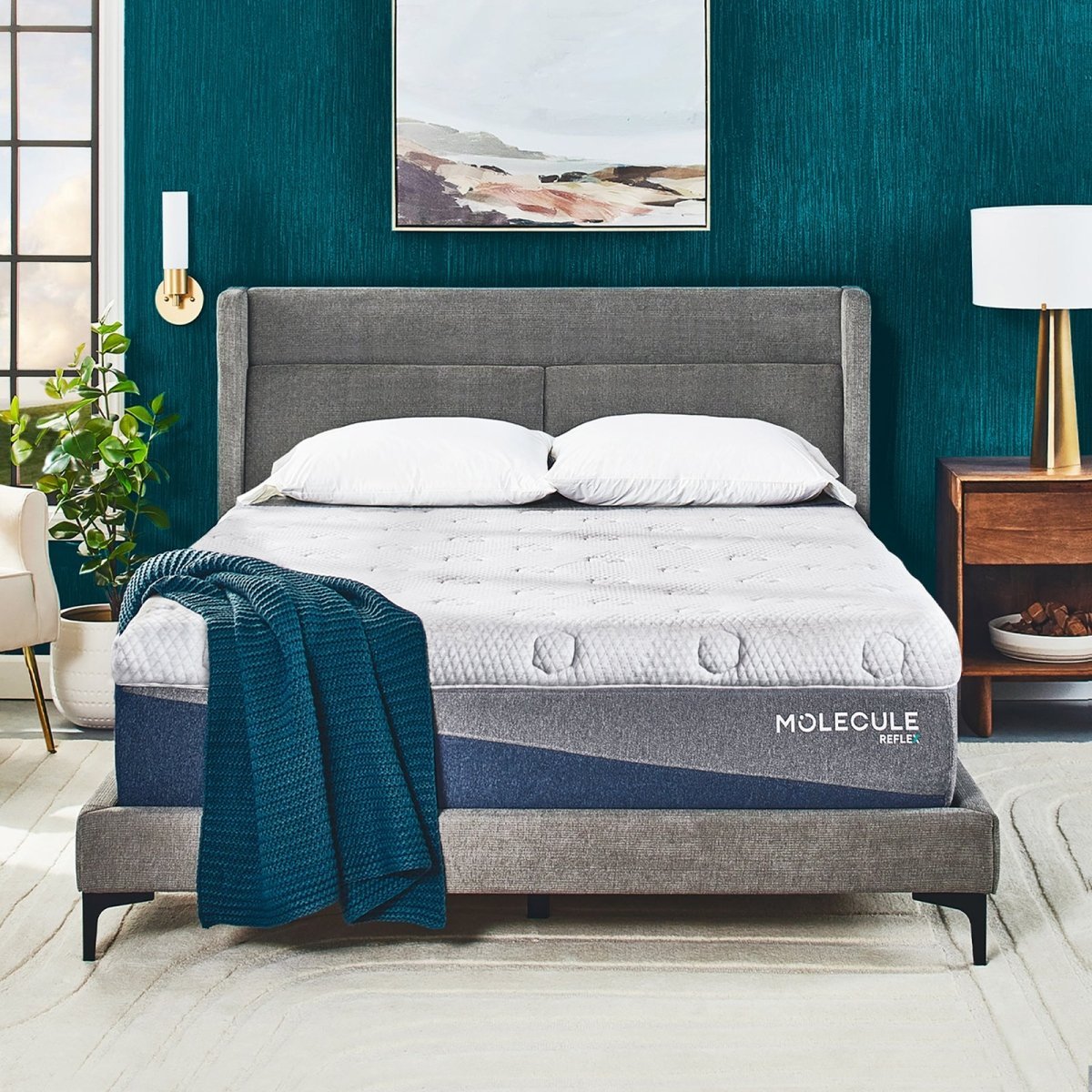
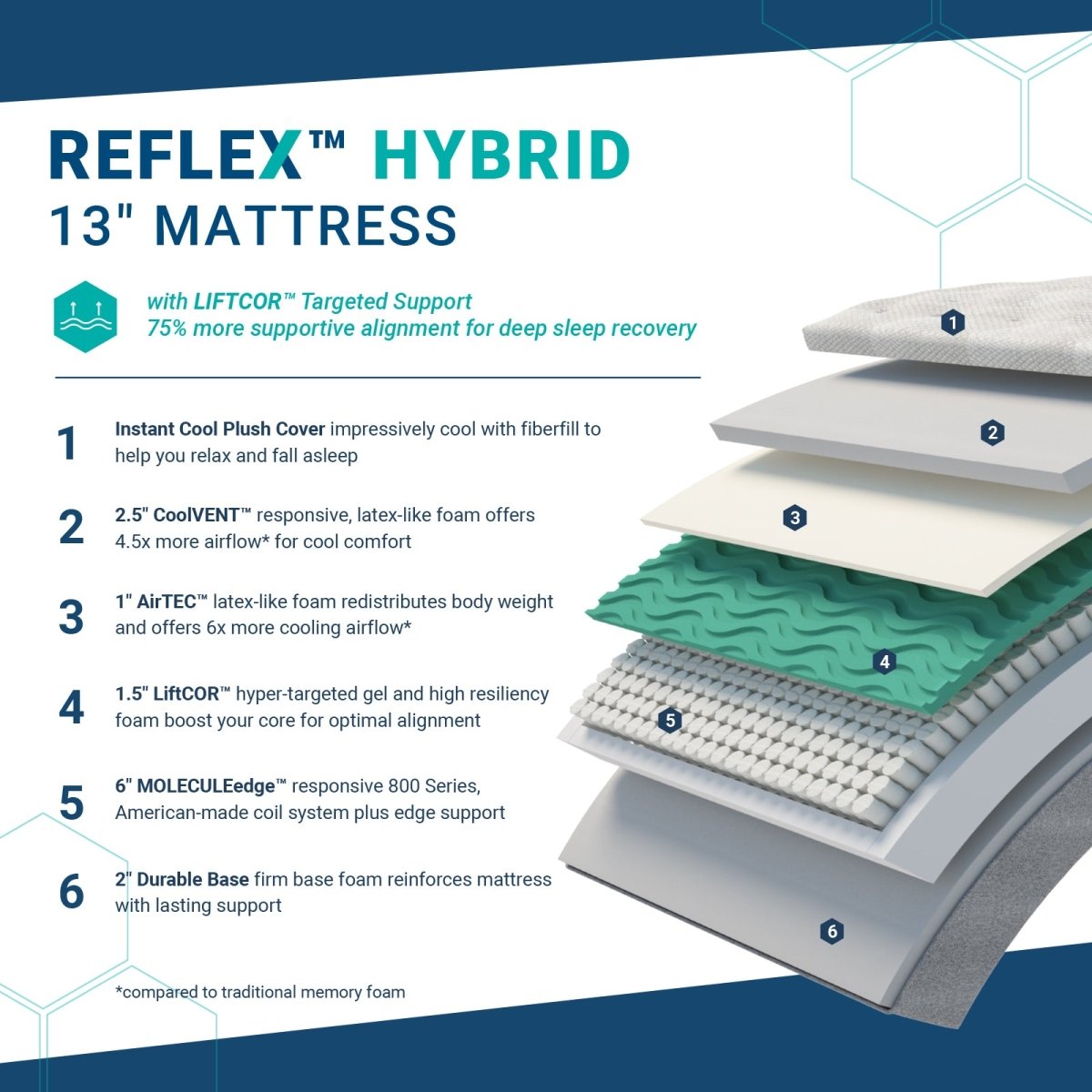
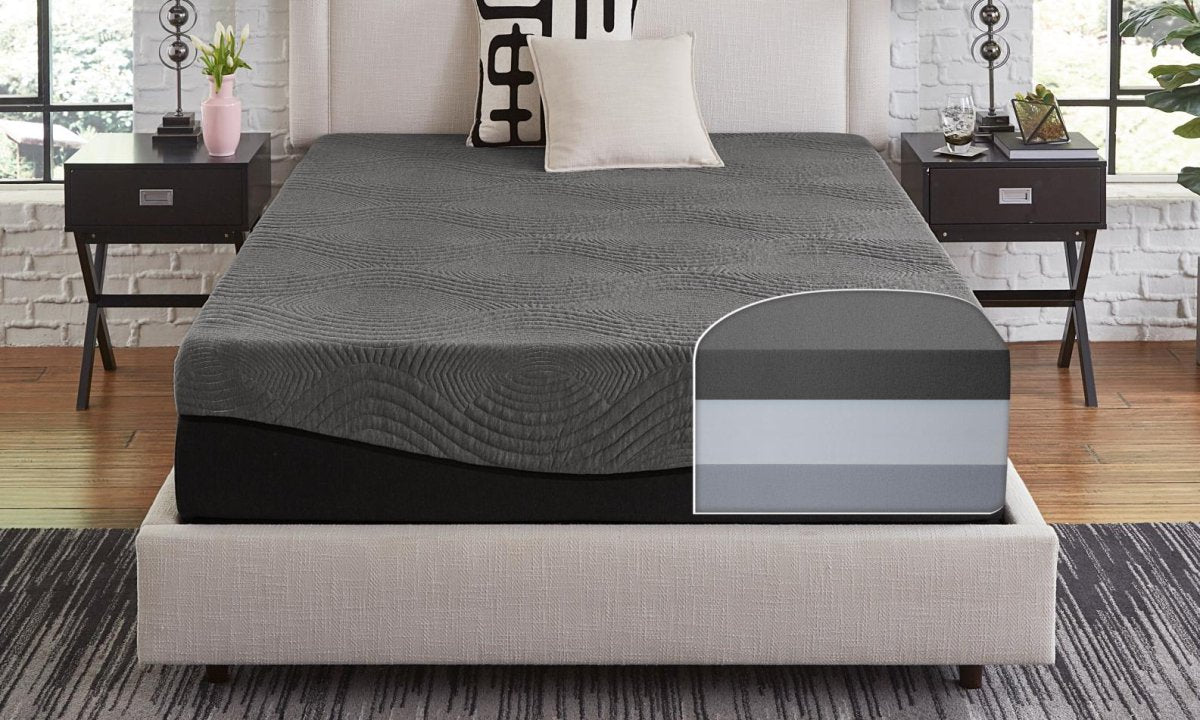
Leave a comment
All comments are moderated before being published.
This site is protected by hCaptcha and the hCaptcha Privacy Policy and Terms of Service apply.